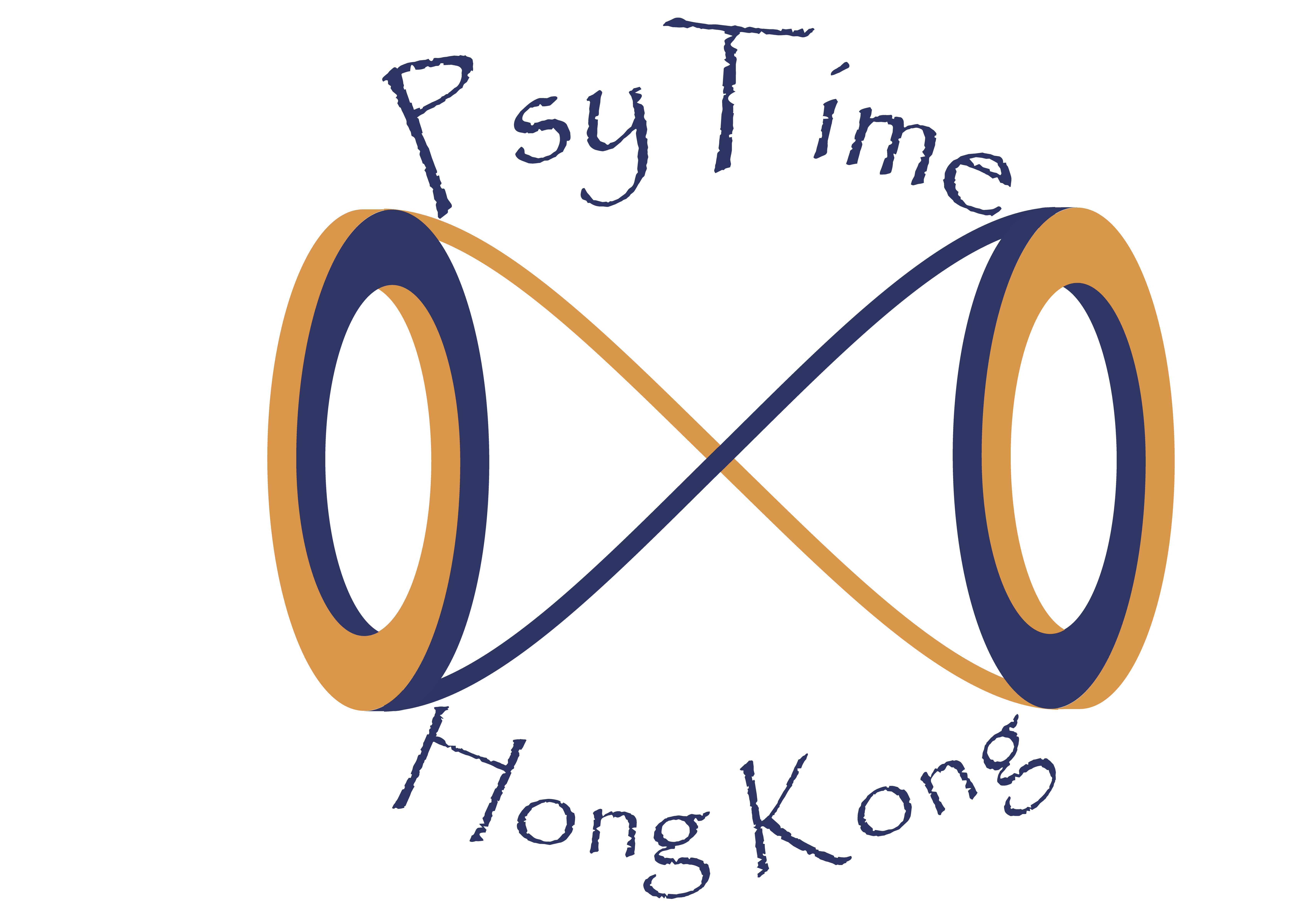What are Mental Capital and Wellness?
Mental Capital encompasses cognitive abilities, emotional intelligence, resilience, and the accumulated knowledge and skills an individual possesses. It’s the ‘mental wealth’ of an individual that enables them to learn, adapt to change, solve problems, and make effective decisions. Mental Wellness, on the other hand, refers to a state of well-being where an individual can effectively manage life’s stresses, work productively, and contribute positively to their community.
Speaking of managing our mental capital, we could imagine that similar to the management of financial capital. With abundant and increment of capital and assets, we are more capable of tackling adversities with lower psychosocial risk and motivated to strive for greater success in life and career.
The Alternative but Effective Way to Boost Productivity and Motivation
Employees with high level of mental capital and wellness are found to be more proficient in managing their workloads and solving complex problems, leading to increased productivity.
A study by the University of Warwick found that happier workers were 12% more productive while unhappy workers were 10% less productive. This illustrates how mental wellness, which contributes to overall happiness, can boost motivation and, consequently, productivity in the workplace.
A study by the Hong Kong Department of Health stated that the annual economic loss caused by reduced productivity due to mental health issues in Hong Kong was HKD 12.4 billion.
When employees and individuals are equipped with the skills of stress reduction, emotional management, effective communication, productivity and motivation can be enhanced.
Driving Creativity and Innovation
Mental capital is a significant driver of creativity and innovation. Employees who are mentally well and possess certain cognitive abilities are more likely to generate novel ideas. A study published in the Journal of Organizational Behavior found that employees with higher levels of psychological well-being and job autonomy are more likely to exhibit job creativity and problem solving ability.
Creativity and innovation do not happen only in art or technology development, the vast majority of the current century of business and industries can also benefit from higher creativity to solve problems and to create strategies and solutions.
A Key Takeaway for Better Retention and Attraction of Talent
Organisations that value and invest in the mental wellness of their employees often see lower turnover rates. The American Psychological Association mentioned that employees who feel their employer values their well-being are four times more likely to stay with their employer.
On the other hand, according to a survey by Mind Share Partners, 86% of respondents thought that company culture should support mental health. This demonstrates that mental wellness initiatives are not just important for current employees but also well considered by potential candidates. Particularly after COVID, work-life balance is getting much more attention in recent era, more and more young people rather look for flexibility and life-enjoyment than solely monetary return.
Curating Positive and Collaborative Work Atmosphere
The state of mental wellness among the workforce can significantly impact the work atmosphere. A positive work environment increases job satisfaction, fosters collaboration, and enhances employee engagement.
Research study published in the Journal of Applied Behavioral Science suggested that positive work environments—where employees feel valued, where their well-being is a priority, and where positive relationships are encouraged—can lead to improved team problem-solving abilities and greater adaptability to change. Additionally, a study by Gallup found that high employee engagement, which is influenced by a positive work environment, leads to 21% higher profitability.
Nurturing a positive and collaborative work atmosphere is not only on team activities, but also on the interpersonal-influences among individuals, regardless of the organizational hierarchy. This can be achieved by better communication and stress/ crisis management which promote resilience and self-understanding.
Investing in Mental Capital and Wellness: A Promising Return
In light of the global impact of pandemic since 2019, employees’ concerns have been shifted from mainly wages and career prospects to more diverse aspects including satisfaction, mental wellness as well as work-life balance.
More importantly, investing in mental capital and wellness has demonstrable returns in accordance with vast research. WHO mentioned that for every $1 invested in treatment for common mental disorders, there is a return of $4 in improved health and productivity. Deloitte’s 2020 study also reported that for every £1 spent by employers on mental health interventions, there’s a return of £5.2 in reduced absence, presenteeism, and staff turnover.
In a word, solid research and findings reveal that investment in employees’ mental capital and wellness can accelerate productivity, motivation, creativity, staff retention and curation of positive atmosphere within corporations. Psychoeducation through workshop, skills training and interactive sharing could advocate mental capital and wellness within organizations, leading to better self-awareness and self-compassion. Once employees become suited with better stress management, more effective communication skills, self-awareness and empathy, business success and corporate achievement would simply follow through.
References:
American Psychological Association (APA). (2019). “Workplace Well-being Linked to Senior Leadership Support, New Survey Finds.”
Deloitte UK. (2020). “Mental health and employers: Refreshing the case for investment.”
Foresight Mental Capital and Wellbeing Project. (2008). “Final Project report—Executive summary.” The Government Office for Science, London.
Gallup. (2020). “State of the American Workplace.”
Hong Kong Department of Health. (2011). “Promotion of Mental Health at Work.”
Mind Share Partners. (2019). “Mental Health at Work: 2019 Report.
Liu, D., Chen, X.P., & Yao, X. (2011). “From autonomy to creativity: A multilevel investigation of the mediating role of harmonious passion.” Journal of Applied Psychology, 96(2), 294-309.
Losada, M., & Heaphy, E. (2004). “The Role of Positivity and Connectivity in the Performance of Business Teams: A Nonlinear Dynamics Model.” American Behavioral Scientist, 47(6), 740-765.
Oswald, A.J., Proto, E., & Sgroi, D. (2015). “Happiness and Productivity.” Journal of Labor Economics, 33(4), 789-822.
World Health Organization (WHO). (2016). “Depression and Other Common Mental Disorders: Global Health Estimates.”




